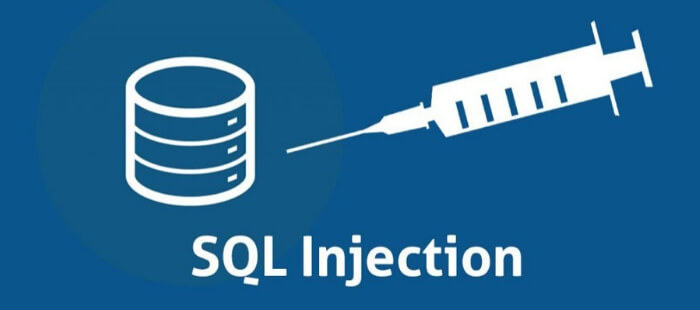Web servers are likely the most targeted public faces of a business, due to the very sensitive information they generally host. Even though procuring a web server can be an intimidating procedure and requires specialist expertise security, it isn’t an impossible job.
Unrelated of what web server applications and OS you are running, an out from the box settings is typically insecure. Therefore one should take some required phases in order to raise web server security.
In an average default installation, many network services which will not be utilized in a web server settings are installed, like remote registry providers, print server service, RAS etc.
Even though today it is not practical, whenever possible, server administrators need access to web servers locally. Since it is faster and simpler for a programmer to develop a newer variant of a web application on a generation server, it is very common that improvement and testing of web applications are made directly on the generation servers itself.
Since such web applications have been in their early growth phases, they are likely to have a number of susceptibility, deficiency input validation and do not manage exceptions suitably.
To facilitate more the improvement and testing of web applications, programmers are likely to develop specific interior applications that give them privileged access to the web application, databases along with other web server resources, which an ordinary anonymous user would not have.
There are mainly 3 types of attacks on Web servers and Websites:-
1. SQL Injections:

Data theft is most commonly administered through SQL injection. In the image above, Havij, an SQL injection tool that’s basically a commercial-grade application with an easy-to-use interface, allows anyone (not just a trained hacker) to type in the URL they are looking to hack and execute a sophisticated attack. These hackers aren’t just looking for financial data like credit cards. They also love to get administrative rights to websites. Several research reports suggest the use and deployment of SQL injections is a top chat topic on hacker forums. It is most definitely a lucrative approach.
2. Business Logic Attacks:

Recently, website hackers have begun to develop attacks that target vulnerabilities in the business logic, rather than in the code itself. Business logic attacks are often not looked upon as security risks but hold serious business implications for website owners because they generally remain undetected.The most common example of this is comment spam. This is where hackers insert automatically generated comments into a blog or online forum, directing people to bogus sites that promote bogus pharmaceuticals when it’s actually malware.
3.Denial of Service Attacks:

This type of attack is usually executed as part of a blackmail scheme that forces a website owner to pay a ransom to free the site from a traffic overflow. For instance, attackers will threaten to shut down online gambling sites, which can be averted for a price. This commercial-looking application allows anyone to execute a D-DoS attack on any target. The attacker easily floods a site until it goes down.
Why is website security so important?

Your website is your brand, your storefront, and often your first contact with customers. If it’s not safe and secure, those critical business relationships can be compromised. The threats can come in many forms infecting a website with malware in order to spread that malware to site visitors, stealing customer information, like names and email addresses, stealing credit card and other transaction information, adding the website to a botnet of infected sites, and even hijacking or crashing the site.
want to know how to secure your website click here









